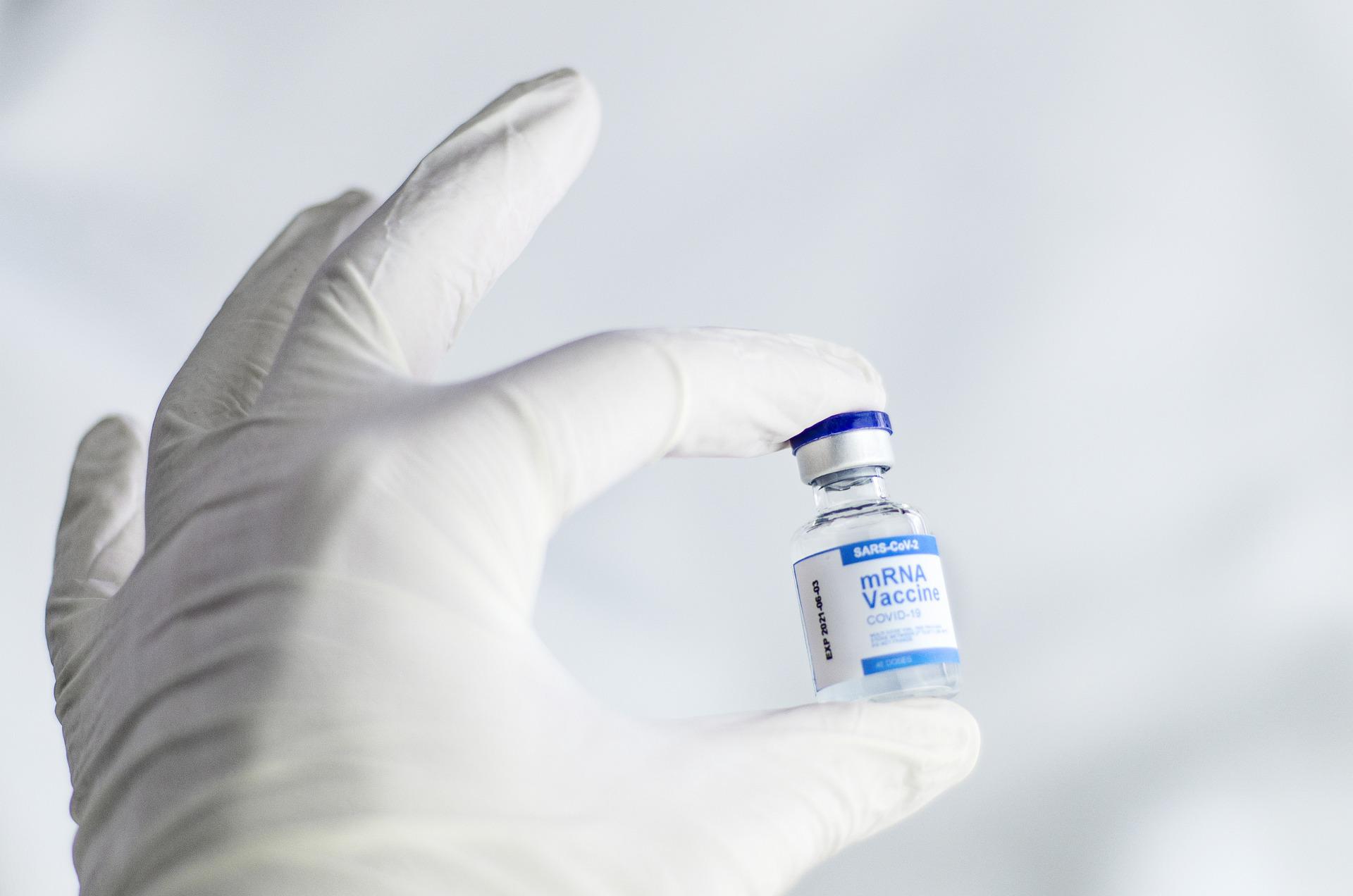
Will mRNA vaccines work to achieve desirable immunological properties
In order to generate viral proteins, mRNA vaccines function by supplying the genetic code for our cells. The body initiates an immune response against the virus once the proteins that do not cause disease are formed, allowing the individual to develop immunity. Theoretically, mRNA can be used to create any protein, with the benefit that it is much easier to manufacture than the proteins themselves or the inactivated and attenuated forms of viruses usually used in vaccines, making it an enticing technique. For decades, the notion of using mRNA to generate useful proteins to combat disease has been around. But up to now, in clinical trials, no vaccines using this technology have made it this far. The success of the “SARS-CoV-2 vaccines” is really good for the RNA region, because until very recently, only a handful of people truly believed in mRNA vaccines.
There are difficulties associated with working with mRNA, despite its promise. Ordinary mRNA only produces low protein levels, and the molecule degrades within the body too rapidly to make it suitable as a therapeutic agent. On top of that, RNA can induce an immune response that is independent of the protein response it encodes. You can cause a very severe inflammatory reaction if you inject foreign RNA into people or animals. The uptake of this technology was slow because of these concerns, and many scientists decided to concentrate instead on developing DNA vaccines, which are more robust and simpler to work with.
However, mRNA vaccines combine favorable immunological properties with an excellent safety profile and genetic vaccine stability. mRNA vaccines are able to induce a balanced immune response, comprising both cellular and humoral immunity, based on in situ protein expression, though not subject to MHC haplotype restriction. Moreover, since it is a limited and only transient carrier of information that does not interfere with the genome, mRNA is an intrinsically protected vector. Since any protein can be expressed from mRNA without the need to change the production process, mRNA vaccines also provide full developmental versatility. Taken together, mRNA offers a promising vector that may well become the base of a forum for game-changing vaccine technology. Here, we outline the existing awareness of various factors that should be considered when designing technology for mRNA-based vaccines.









